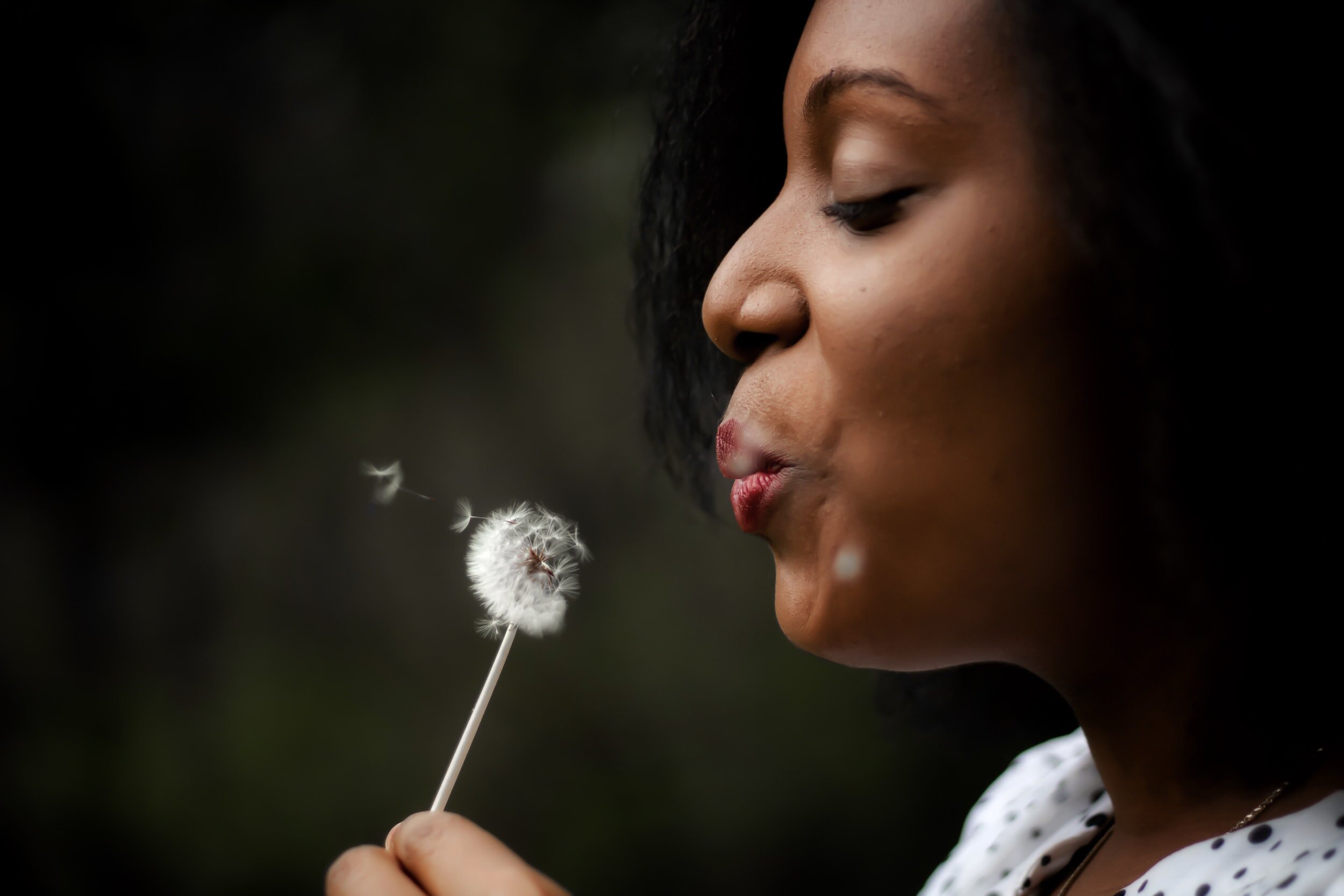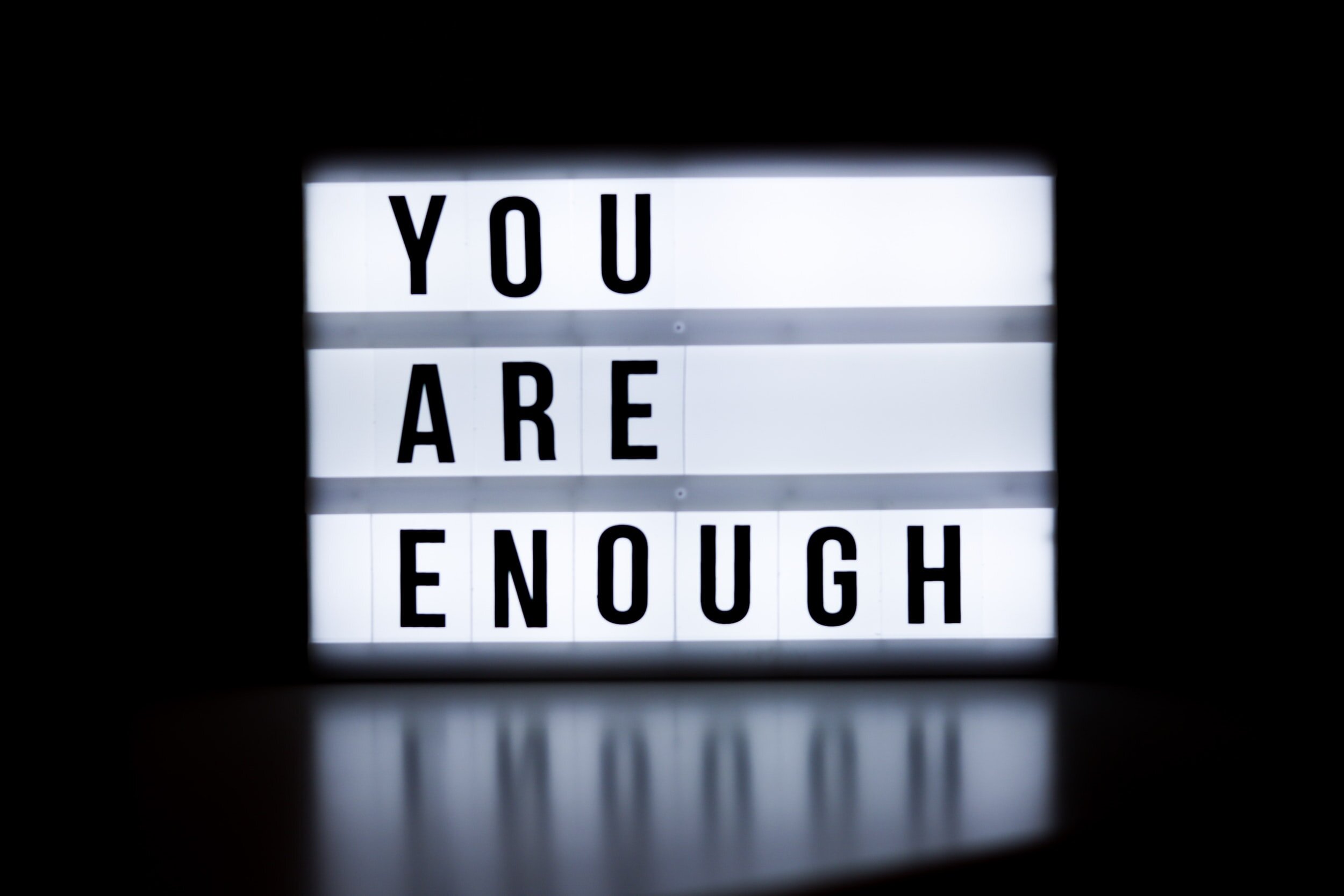Being enough: On Black Girlhood & The Right To Take it Easy
I will never forget the day my father sat me down and told me there were a few things I needed to know before engaging in my most challenging experience yet: studying at a boarding school that happened to be a predominantly white institution. He always had a joke and a witty word to spare, but then and there, his air was grave, and there was no place for such things. His words were harsh because the truth was, and I was about to find out that they were nothing but a kindness he was doing me. Eight years later, they still echo in my mind.
“You will always have to work harder than everyone for half the praise, both because you’re Black, and because you’re a girl.”
I was 13, and until then, I had lived in one of Paris’ most cosmopolitan neighbourhoods. I did not know what it was like to feel as though I was set apart from other people, because I had a community to rely on. I did not know what it was like to be different, because, in a place where identities were manifold, we could only be one. A community whose identity was plural, and therefore, unique. A family.
I was a cocky child. I was loud, always made it a point to be heard, to do more than others, and to perform to the best of my ability in everything I did. In my hometown, I was me. Fully, unapologetically. I had a voice, an identity. At boarding school, I was a ghost, my shadow. The only way I was perceived was through empty, desperate movements, and muffled sounds for eyes and ears that were reluctant to take in what I had to give. Our difference felt impossible to overcome.
It quickly became clear to me that, in order to ‘exist’, I had to make this difference a positive thing. If I were going to stand out, it was going to be in a positive way. I suppose I convinced myself that being just as good as my peers wasn’t quite good enough.
To me, “being enough” became synonymous with excellence, with domination. And somehow, I guess I figured that, to be good enough, I had to be “better than.” Better than my friends, better than the other kids at school. Better. Naturally, everyone became a competitor, and everything, a contest. It became woven in my personality: to prove I was worthy of attention, praise and respect, I had to fight. So, I fought.
I became this walking paradox, this living, breathing oxymoron that looked incredibly confident on the outside but was full of doubts. I got so used to fighting that it became a way of life.
I started waging unnecessary wars against myself and others, the product of internalized insecurities, frustration and anger.
The expectation society has for Black girls and women to be both strong and outspoken, discreet and quiet was impossible to rationalize for me. I felt like any reliance on a support system, any refusal to behave in a way that aligned with these expectations made me weak, dysfunctional…a traitor to my nature. I had to fight for everything, from my teachers’ respect, to that of my classmates, as well as their friendship, and the mere right to talk in class, to have opinions and voice them, and to be taken seriously. But if I got frustrated or tired of fighting, I was the angry black girl, and if I let things go, I was haughty, or nonchalant. I could never win.
Then, one day, I was diagnosed with high-functioning anxiety. The disease of the overzealous, the relentless people pleasers and the overachievers everyone admires for keeping it together under pressure, and for quietly going insane. I had to learn how to slow down, and put myself first. How to deconstruct and rationalize what society expected from me, and replace it all with my own expectations for myself.
The woman I was becoming had to dissociate from the unhealthy mechanisms I had internalized as a child, and eventually, find motivation in other places. And I realized that my worth didn’t have anything to do with other people and that, on my own, by being who I was, by doing my best, this whole time, I had done just enough. I had been just enough.
My father meant well when he warned me about the way society would treat me if I let it. Some of his advice was useful, but it exposed a crucial fact to me: Black girls should be taught not to choose validation over themselves. They should be taught not to buy into the patterns they’re exposed to, within systems that only aim to have them “conform and compete,” because those systems weren’t made to accommodate them to begin with. These systems see them as nothing but cogs in the wheel. Black girls should be taught how to let their uniqueness shine through in everything they do, and speak for itself, always. They should be taught that they have the right to take it easy.
Marie was born and raised in Paris and is currently studying English Law and French Law at the University of Exeter. "ANTIGONE", her first play was performed in Pennsylvania, California, and Arizona during the 2020/2021 season as part of numerous festivals and its final monologue has appeared in New World Theatre's 08:46 anthology, a celebration of emerging and established Black Artists' theatrical work. Her poetry was recently featured in Black Spring Press' "Best New British and Irish Poets 2019-2021", an anthology which is set to be published in June 2021.


